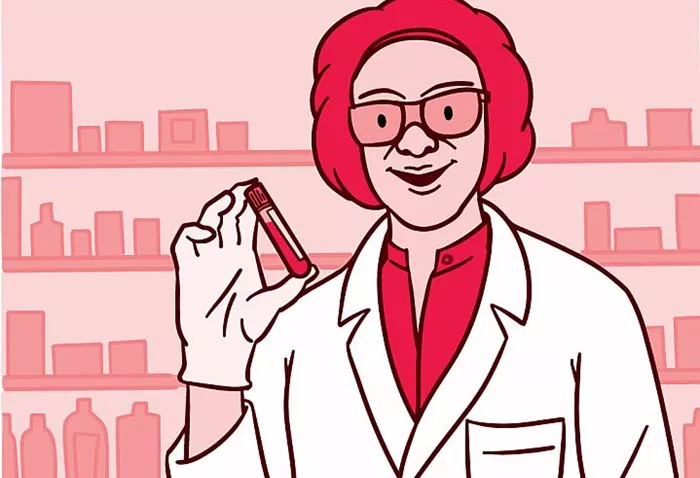Blood, coursing through your veins with every heartbeat, serves as a vital medium that offers insights into your body’s inner workings. It transports oxygen, removes waste products, and importantly, provides a window into detecting underlying health conditions.
The Role of Blood Tests
Blood tests play a pivotal role in modern medicine, aiding healthcare providers in diagnosing diseases and tailoring treatments. These tests analyze compounds that can signal various health issues, such as heart disease, diabetes, and infections. Beyond diagnosis, blood tests are instrumental in preventing serious health events like heart attacks and strokes.
Researchers funded by the NIH are continually expanding the scope of blood tests to include a broader range of health conditions. This includes diseases like cancer and dementia, where early detection could significantly improve outcomes.
Detecting Cancer with Liquid Biopsies
Cancer cells shed substances into the bloodstream, offering a potential avenue for early detection through liquid biopsies. These tests, already used in monitoring cancer recurrence, may also help identify tumors requiring aggressive treatment. While promising, their use for widespread cancer screening is still under rigorous research to establish clear benefits and risks.
Challenges and Caution in Cancer Screening
Despite the allure of simple blood tests for cancer screening, caution is advised. Current marketed tests lack sufficient evidence to validate their effectiveness. Dr. Lori Minasian underscores the importance of evidence-based medicine, warning against potential anxiety or false reassurance from unvalidated tests.
Advances in Alzheimer’s Disease Detection
Similarly, blood tests show promise in detecting Alzheimer’s disease by measuring proteins indicative of brain cell damage. Unlike costly brain scans or invasive spinal fluid tests, these potential blood tests offer a cheaper and more accessible diagnostic method. Early detection could pave the way for timely interventions to slow cognitive decline.
Research and Recommendations
Dr. Reisa Sperling emphasizes the ongoing research into blood tests for Alzheimer’s, stressing the importance of clinical studies for accurate testing. She cautions against using unapproved tests marketed to the public, highlighting potential inaccuracies.
Future Directions
Looking ahead, researchers are exploring blood tests for other brain conditions like Parkinson’s disease, aiming to revolutionize diagnosis and understanding. These developments hold promise for transforming how we approach neurodegenerative diseases.
In conclusion, while blood tests offer exciting prospects for early disease detection and personalized medicine, their widespread use must be guided by robust scientific evidence. For individuals concerned about their health, consulting with a healthcare provider remains essential to navigate the complexities of diagnostic testing.
Through ongoing research and clinical trials, the potential of blood tests to revolutionize healthcare by enabling earlier intervention and improved outcomes continues to grow.
[inline_related_posts title=”You Might Be Interested In” title_align=”left” style=”list” number=”6″ align=”none” ids=”10115,10112,10109″ by=”categories” orderby=”rand” order=”DESC” hide_thumb=”no” thumb_right=”no” views=”no” date=”yes” grid_columns=”2″ post_type=”” tax=””]

































